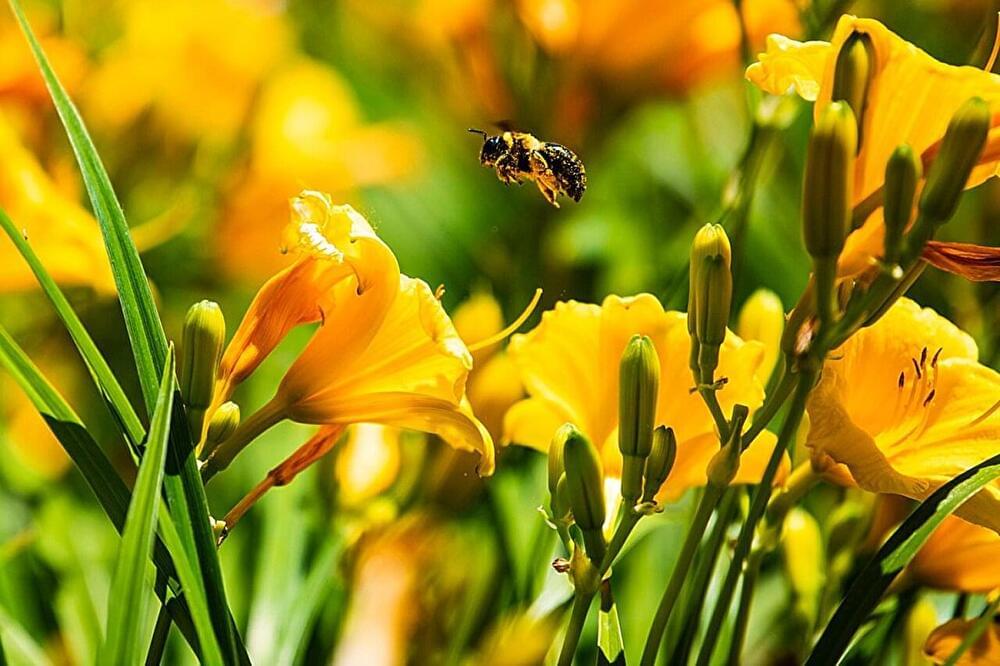There are very few animals as important to our world as honeybees. There is, of course, the delicious honey they produce, but they are also essential in maintaining food security and the biodiversity that is threatened by climate change and becoming our strongest natural defense against it.
But with the planet facing a climate change-induced loss of biodiversity, what happens when honeybees die?
New Northeastern University research, published in Communications Biology, aims to help address the impending biodiversity crisis. The researchers say they have found a new strategy for restoring lost biodiversity by, essentially, identifying the equivalent of a honeybee in different ecosystems and reintroducing it into a particular collapsing ecosystem.
